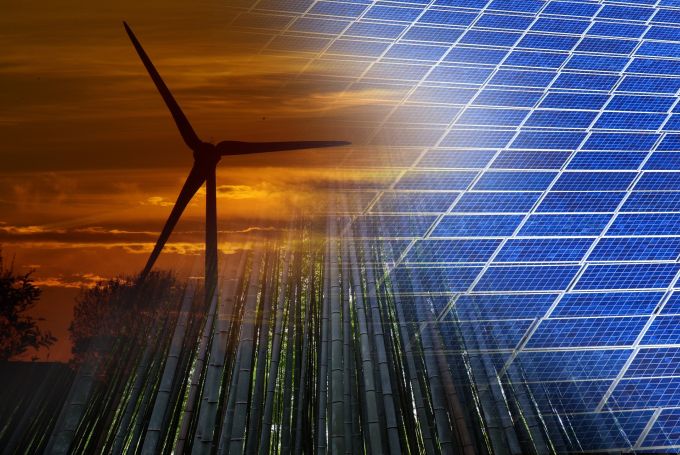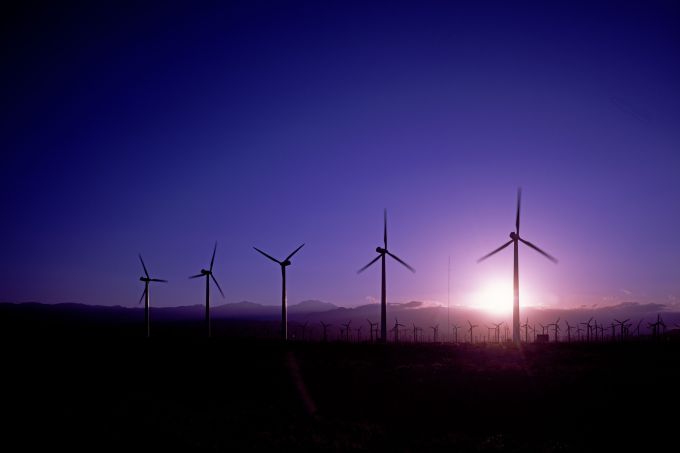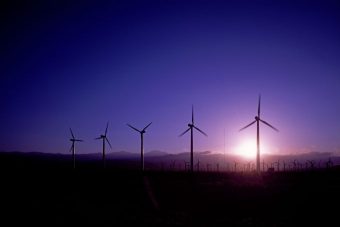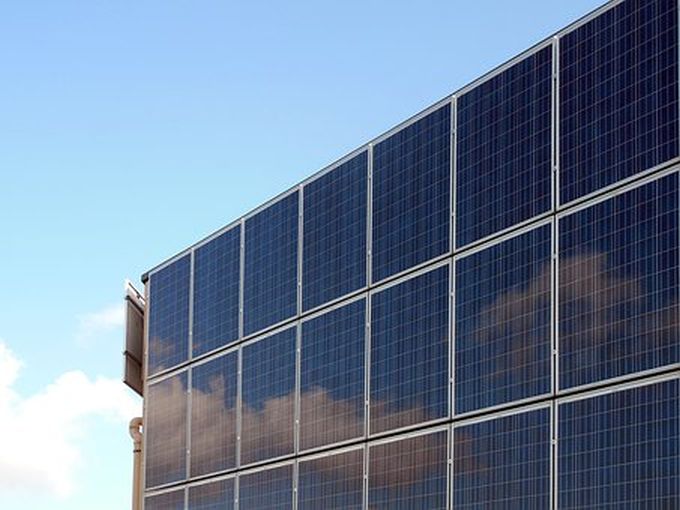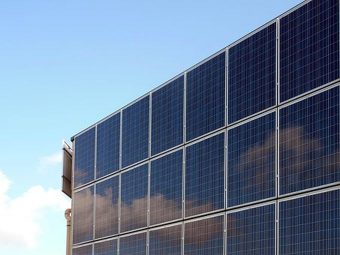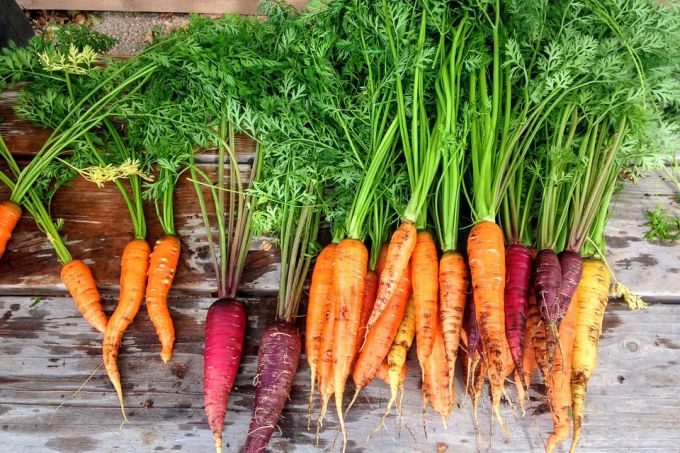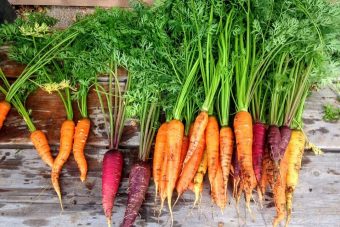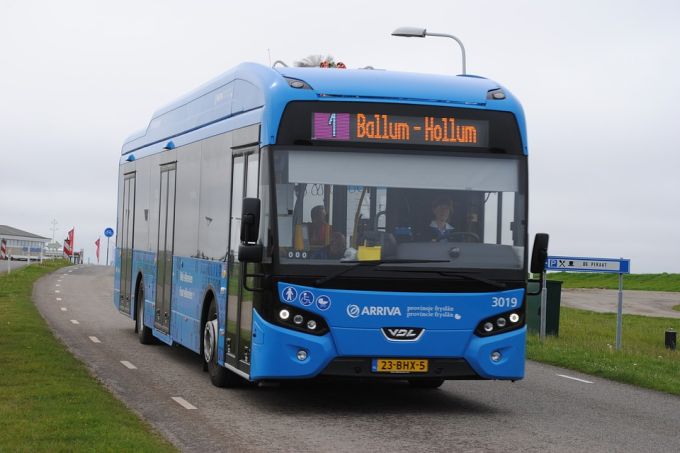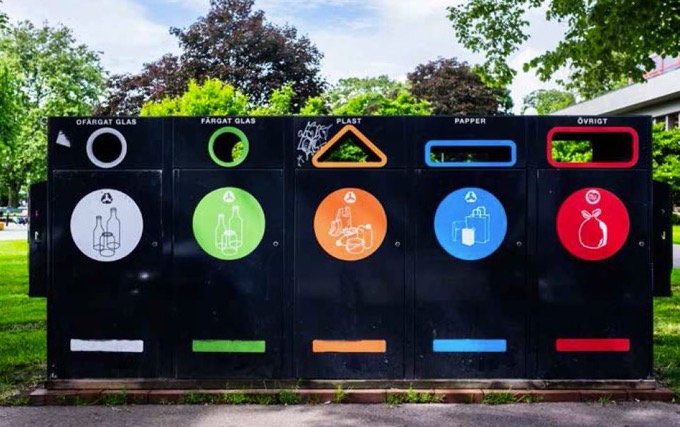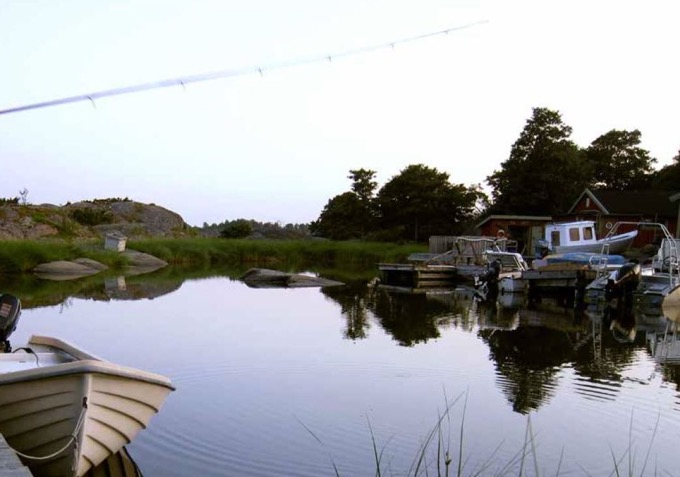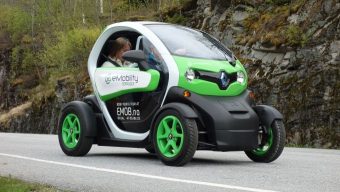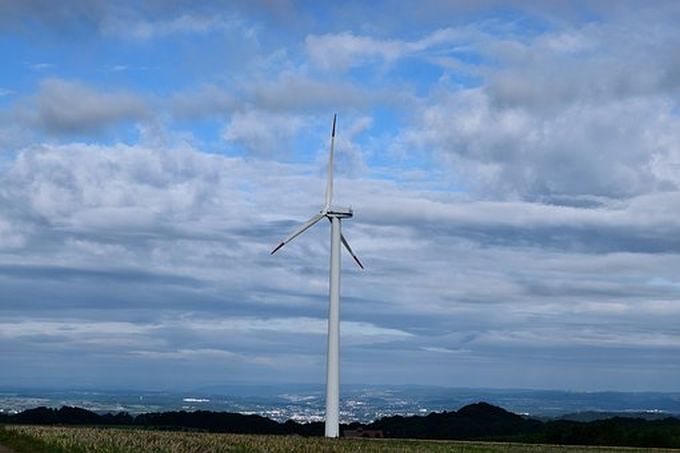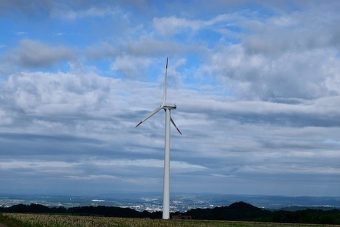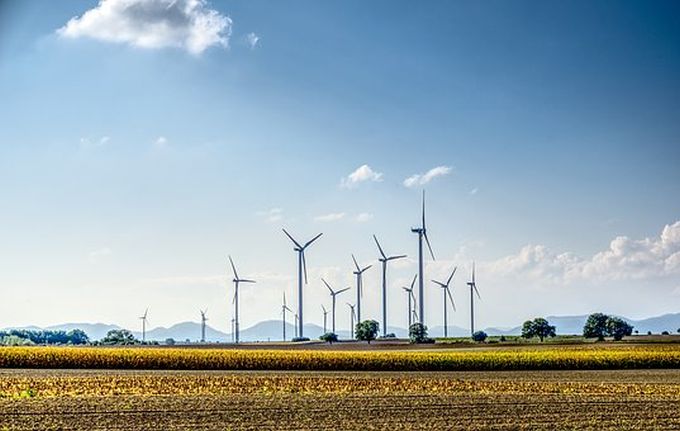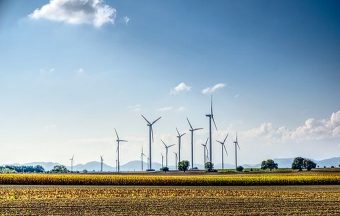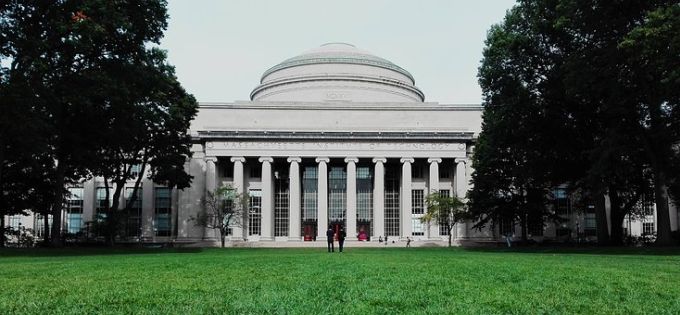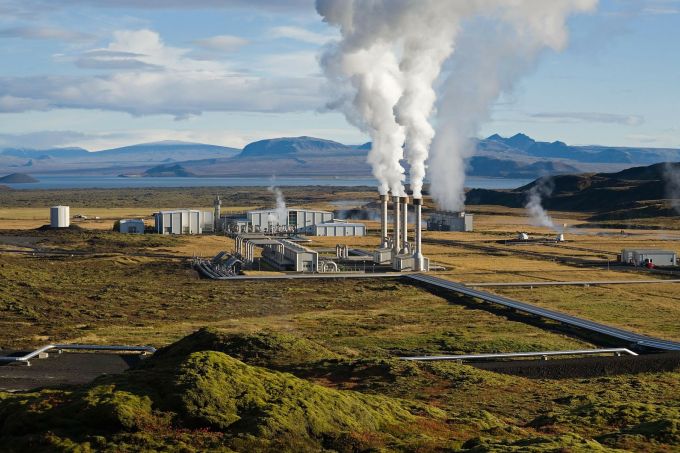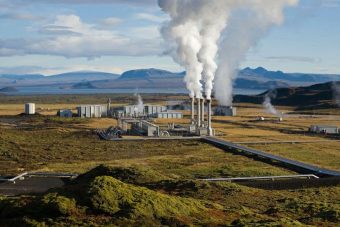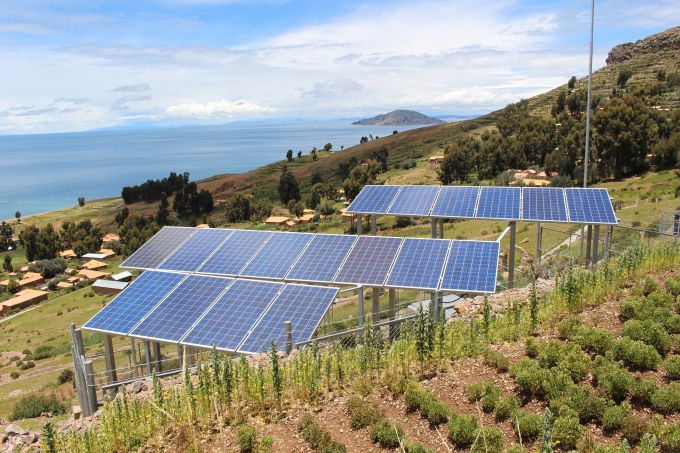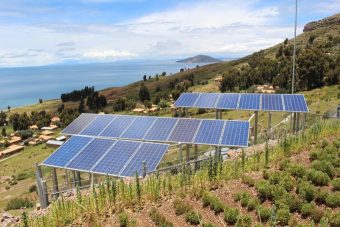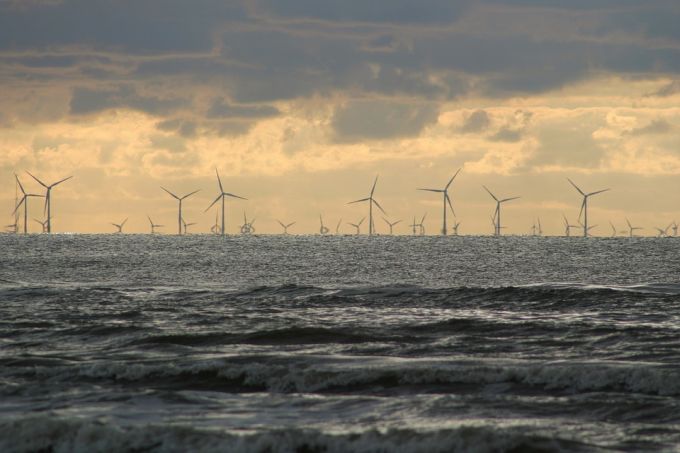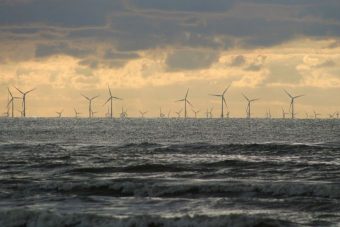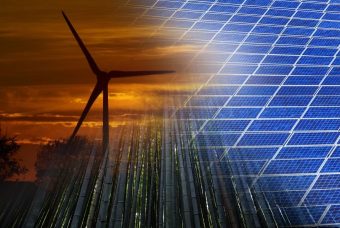
The Indian Minister of Finance recently announced the budgetary allocation for all ministries and associated target outcomes for the financial year 2018-19 that starts from 1 April 2018.
Finance Minister Arun Jaitley announced an allocation of just over Rs 5,020 crore ($790 million) for the expansion of various renewable energy technologies and other activities of the Ministry of New & Renewable Energy (MNRE) for the financial year 2018-19.
MNRE is expected to commission 15.62 gigawatts of new renewable energy capacity in the financial year 2018-19. The targeted capacity addition is 7.3% higher than the capacity addition target set for the financial year 2017-18.
The capacity addition target in the wind energy sector remains unchanged at 4 gigawatts. Remember, the wind energy capacity addition in India will remain highly regulated due to the shift from a feed-in tariff regime to competitive auctions.
The MNRE targets the addition of 11 gigawatts of solar power capacity, up from 9 gigawatts in FY2017-18. The solar power capacity, too, will be highly regulated through the auctions timeline already announced by the MNRE. The solar power capacity addition includes 10 gigawatts of ground-based large-scale projects and 1 gigawatt of rooftop projects.
The capacity addition target for small hydro technology has been increased from 200 megawatts to 250 megawatts. The biopower capacity addition has also been increased marginally from 340 megawatts to 370 megawatts. Surprisingly, no target has been mentioned for waste-to-power projects.
The largest allocation, of Rs 2,045 crore ($321 million), has been provided for capacity addition in the solar power sector, i.e. to add 11 gigawatts of capacity. Rs 848 crore ($133 million) have been earmarked for 200 megawatts of solar lighting devices and 20 megawatts of solar thermal applications.
A very important allocation of Rs 600 crore ($94 million) has been made for implementation of 3,000 circuit kilometers of transmission lines across 8 states rich in renewable energy resources. These transmission lines (Green Energy Corridors) will be used solely to transmit electricity generated from renewable energy projects.
The Indian Renewable Energy Development Agency (IREDA) will receive Rs 128 crore ($20 million) for payment of interest on green bonds it plans to issue over the course of the financial year.
Source: cleantechnica.com


